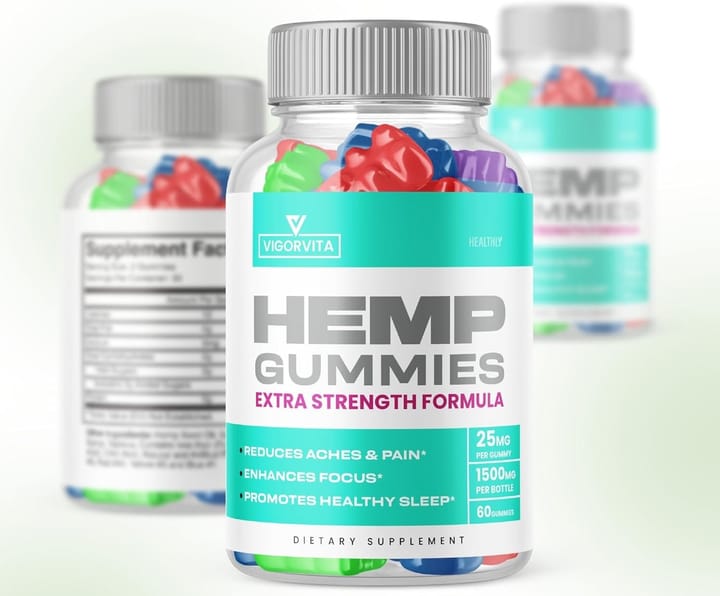CBD for Kids: Understanding Benefits, Risks, and How to Use It Safely
Safey Benefits and Helps Risks and Considerations Choose Right Product Frequently Questions Conclusion

The use of CBD, or cannabidiol, in children has become a topic of growing interest among parents, healthcare providers, and researchers. As CBD continues to gain popularity for its potential therapeutic benefits, questions arise about its safety and efficacy for younger individuals. This article provides a detailed and balanced examination of CBD for kids, supported by the latest research and expert opinions.
What is CBD?
Cannabidiol (CBD) is a non-psychoactive compound derived from the hemp plant. It is one of over 100 cannabinoids found in cannabis, and unlike THC (tetrahydrocannabinol), it does not cause a "high." CBD has been studied for its therapeutic properties, which include anti-inflammatory, anticonvulsant, and anxiolytic effects. Its potential to help with a range of conditions has led to increased interest in its use for children.
Benefits of CBD for Children: What Does the Science Say?
Although research on CBD use in children is still developing, several studies suggest it may offer significant benefits for specific conditions.
1. Epilepsy and Seizure Disorders
One of the most well-documented uses of CBD in children is for treating severe epilepsy. The FDA-approved medication Epidiolex, which contains CBD, has been shown to reduce seizure frequency in children with Dravet syndrome and Lennox-Gastaut syndrome.
- Reference: Devinsky et al. "Trial of Cannabidiol for Drug-Resistant Seizures in the Dravet Syndrome." New England Journal of Medicine.
2. Anxiety and Mood Disorders
Preliminary research suggests CBD may alleviate symptoms of anxiety and depression by interacting with serotonin receptors in the brain. This could be particularly beneficial for children with anxiety disorders or post-traumatic stress disorder (PTSD).
- Reference: Blessing et al. "Cannabidiol as a Potential Treatment for Anxiety Disorders." Neurotherapeutics.
3. Autism Spectrum Disorder (ASD)
Emerging studies indicate CBD may improve behavioral issues, anxiety, and sleep disturbances in children with autism. However, more rigorous clinical trials are needed to confirm these findings.
- Reference: Aran et al. "Cannabidiol-Based Medical Cannabis in Children with Autism—A Retrospective Feasibility Study." Frontiers in Pharmacology.
4. Pain and Inflammation
CBD's anti-inflammatory properties make it a potential option for managing chronic pain and inflammatory conditions, such as juvenile arthritis. Parents have reported improvements in mobility and reduced pain in affected children.
5. Sleep Improvement
CBD may help regulate sleep patterns in children who struggle with insomnia or other sleep disturbances. Its calming effects can promote relaxation and enhance sleep quality.
Risks and Considerations When Using CBD for Kids
While CBD shows promise, it is not without potential risks. Parents should carefully weigh the benefits against the possible drawbacks.
1. Side Effects
Common side effects of CBD include:
- Fatigue
- Changes in appetite
- Diarrhea
- Drowsiness
Children may experience these effects more acutely, particularly at higher doses.
2. Drug Interactions
CBD can interact with other medications, such as antiepileptic drugs, leading to altered efficacy or increased side effects. Consult a healthcare professional to evaluate potential interactions.
3. Quality and Contamination
The lack of regulation in the CBD market raises concerns about product quality. Contaminants such as heavy metals, pesticides, and residual THC may pose risks, especially for children.
4. Limited Long-Term Research
There is a lack of longitudinal studies on the long-term effects of CBD use in children. Potential impacts on development and brain function are not fully understood.
How to Choose the Right CBD Product for Children
Parents considering CBD for their children should prioritize safety and efficacy by selecting high-quality products.
1. Third-Party Testing
Ensure the product has been tested by an independent laboratory and comes with a certificate of analysis (COA). The COA should confirm:
- CBD content
- THC levels (preferably 0% or less than 0.3%)
- Absence of contaminants
2. Product Type
CBD is available in various forms, including:
- Oils and Tinctures: Easy to dose and administer.
- Edibles: Such as gummies, which may appeal to children.
- Topicals: For localized conditions like skin irritation.
3. Start Low and Go Slow
Begin with the lowest recommended dose and gradually increase it under medical supervision. Monitor the child for any adverse reactions.
Legal Considerations: Is CBD Legal for Kids?
The legal status of CBD varies depending on the source of the compound and regional regulations. In the United States:
- CBD derived from hemp (with less than 0.3% THC) is federally legal under the 2018 Farm Bill.
- State laws may impose additional restrictions.
Parents should research their local laws and ensure the CBD product complies with all legal requirements.
Frequently Asked Questions About CBD for Kids
1. Can CBD Make My Child High?
No, CBD is non-psychoactive and does not cause a high, as it lacks significant amounts of THC.
2. Is CBD Approved by the FDA for Children?
Currently, the only FDA-approved CBD product for children is Epidiolex, prescribed for severe epilepsy. Other CBD products are not FDA-regulated.
3. What Conditions Can CBD Help With?
CBD may help with epilepsy, anxiety, autism-related symptoms, pain, and sleep disturbances. However, always consult a healthcare provider before starting CBD treatment.
4. How Should I Administer CBD to My Child?
The most common methods include sublingual oils, gummies, or topical creams. Dosage should be guided by a healthcare professional.
Conclusion: Should You Consider CBD for Your Child?
CBD holds promise for managing specific pediatric conditions, particularly severe epilepsy. However, its use in children should always be approached with caution, informed by scientific evidence, and guided by medical professionals. By selecting high-quality products and adhering to expert recommendations, parents can make informed decisions about CBD for their children.
As research continues to expand, CBD may become a valuable tool in pediatric healthcare. For now, caution, consultation, and close monitoring are essential.



